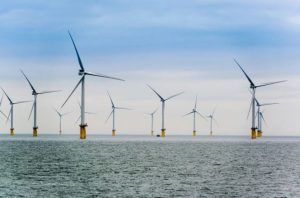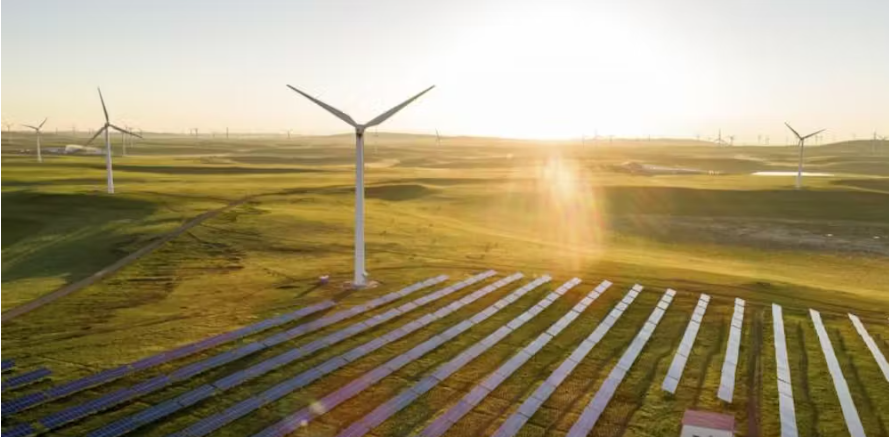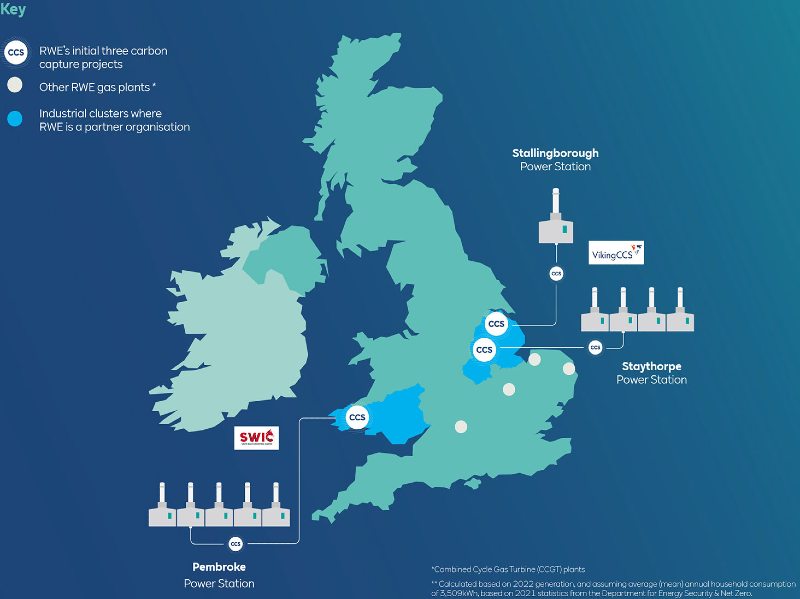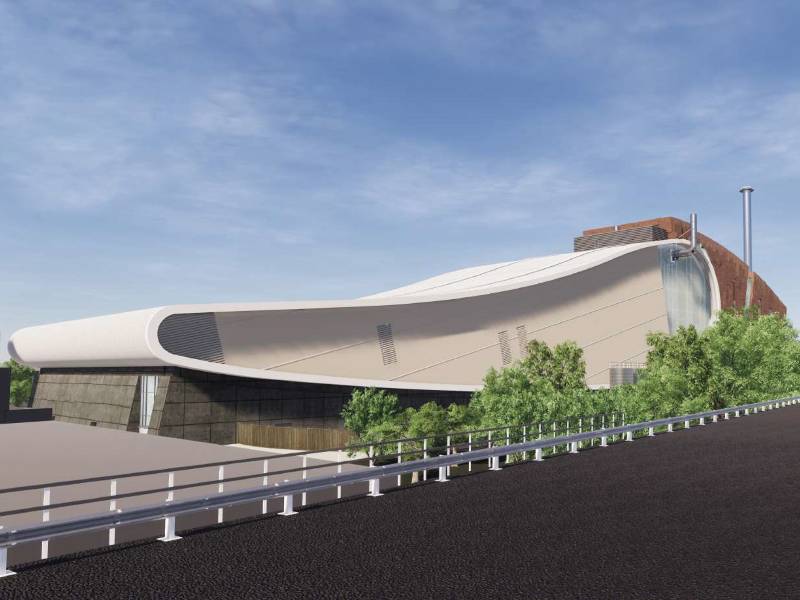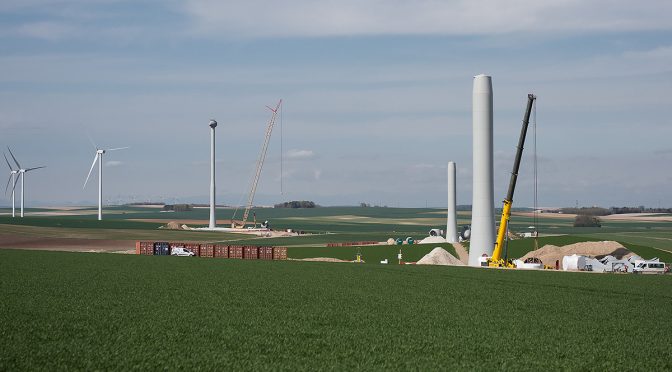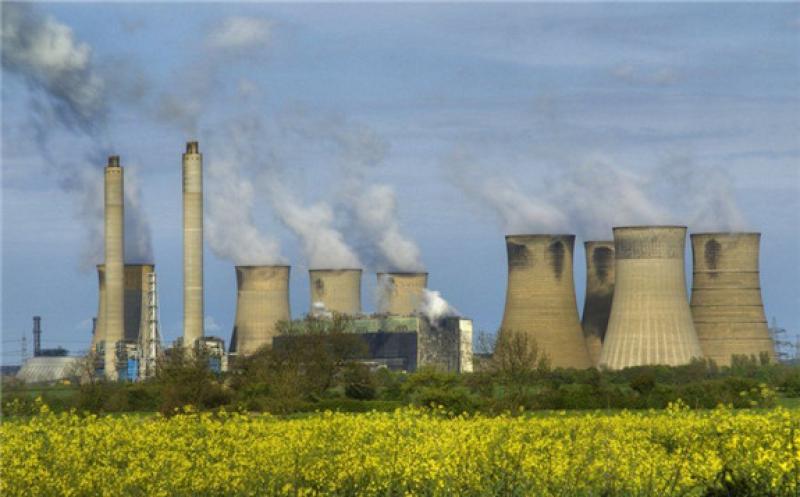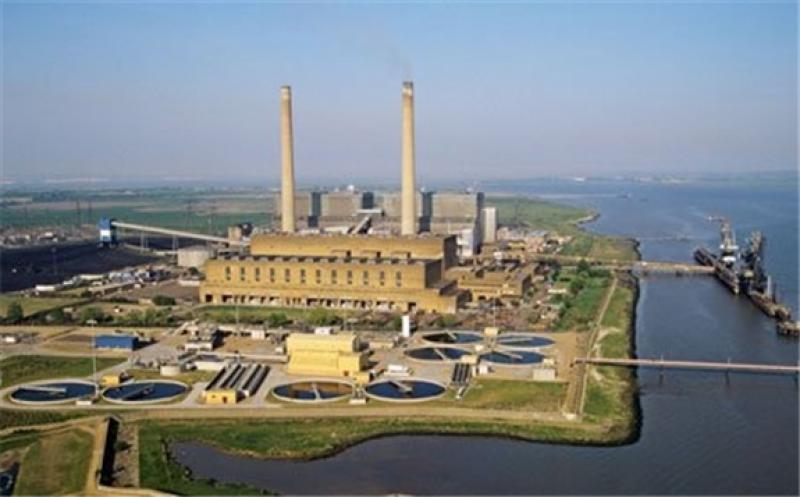The Ocean Wind 1, Sunrise Wind, and Revolution Wind projects are adversely impacted by a handful of supplier delays, the company said.
Ørsted has concluded that there is a continuously increasing risk in these suppliers’ ability to deliver on their commitments and contracted schedules. This could create knock-on effects requiring future remobilizations to finish installation, as well as potentially delayed revenue, extra costs, and other business case implications. These impacts will lead to impairments of up to DKK 5 billion, assuming no further adverse developments in the supply chains on these projects, Ørsted said.
In addition, the company said that discussions with senior federal stakeholders about additional ITC qualifications for Ocean Wind 1 and Sunrise Wind are not progressing as previously expected. Ørsted said it continues to engage in discussions with federal stakeholders to qualify for additional tax credits beyond 30 per cent.
If these efforts prove unsuccessful, it could lead to impairments of up to DKK 6 billion. The level of a possible impairment will be decided based on a probability weighted assessment of the likelihood of obtaining the additional ITCs.
Ørsted also said that the US long-dated interest rates have increased, which affects the company’s US offshore projects and certain onshore projects. If the interest rates remain at the current level by the end of third quarter, it will cause impairments of approximately DKK 5 billion.
The impairments relating to Ocean Wind 1, Sunrise Wind, Revolution Wind, South Fork Wind, Block Island Wind Farm, and several US onshore projects will be recognised in the company’s interim report for the first nine months of 2023.
While Ørsted’s near-term US offshore wind development portfolio does not meet its value creation target on a lifecycle basis, the company said it remains convinced that the value-creation of the portfolio will be within 150 to 300 basis points spread-to-WACC on a forward-looking basis.
Adjusted for the anticipated impairments, Ørsted maintains a ROCE target for the period 2023-2030 of approximately 14 per cent.
Projects Are Moving Forward
Ørsted said it will continue to progress the US near-term offshore wind projects including obtaining final federal and local permits, working with suppliers to mitigate delays, and continuing the dialogue with stakeholders to try to qualify for at least 40 per cent ITCs on all projects.
The developer said it will work towards taking FID on Ocean Wind 1, Sunrise Wind, and Revolution Wind projects towards the end of 2023, or in early 2024. Pending FID, Ørsted now expects to commission Ocean Wind 1 in 2026.
David Hardy, Executive Vice President and CEO of Region Americas at Ørsted, said: “The US offshore wind market remains attractive in the long term. We will continue to work with our stakeholders to explore all options to improve our near-term projects including continued dialogue about ITC qualification, OREC adjustments, and other business case levers.”
